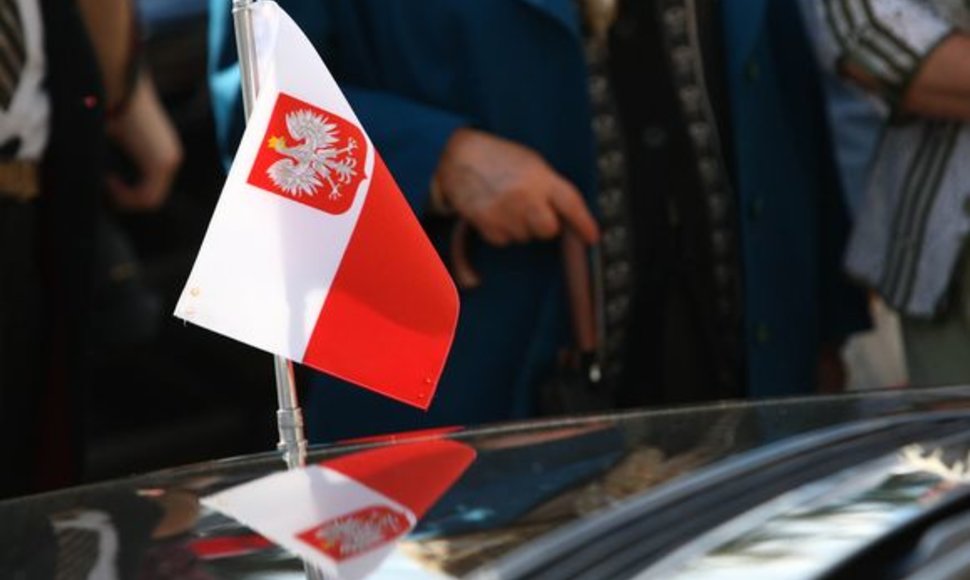"Poles often fail to realize how big their country is relative to her northern, southern or eastern neighbors. And they often fail to understand other countries' grievances against them," the article, published on Thursday, says.
According to European Voice, the Lithuanian government is responsible for foot-dragging on Poles' property restitution in Vilnius area, or the arcane refusal to allow ethnic Poles to use Polish letters in official documents. But Polish resentment is inadequate.
"I recently met a senior Polish official who bemoaned the fact that Lithuania had even been allowed into the European Union and NATO, given the country's “mistreatment” of its ethnic Poles. The idea that three million Lithuanians living next to 40 million Poles might have genuine reason to be nervous about their language and culture finds little echo across the border. Whereas Poles remember fondly the joint Polish-Lithuanian state of centuries past, they have no idea that Lithuanians remember it as a time when their national identity was ground down and away by a cultural hegemon," European Voice, owned by the Economist Group, writes.
The author of the article said he was also struck by Polish bitterness for not being included in the Nordic-Baltic sphere, and particularly in the attempts by the UK to build ties across the North Sea to the eight-country grouping.
According to European Voice, Poland is too big to be invited to such events on equal terms as it is larger in population than Denmark, Estonia, Finland, Iceland, Latvia, Lithuania, Norway and Sweden combined.
"I have been to Nordic-Baltic summits where the prime ministers and other dignitaries sit around tie-less and informal, discussing freely the world as seen by small countries, ranging from Iceland (population: 320,000) to Sweden (9.4 million). All speak English. All use first names. It all feels quite natural. I find it hard to imagine Donald Tusk, Poland's prime minister, fitting in there," European Voice writes.
"What Poland needs to do now is learn a bit of the tact and delicacy that Germany has acquired in past decades in dealing with smaller countries. You may be the biggest, or richest, or both, but you maximize your influence by not showing it. The best way to improve the lot of Poles in Lithuania, for example, is to make politicians in Vilnius feel that they have nothing to fear, and everything to gain, in having close and friendly ties with Warsaw. That day seems a long way off. But it needs to draw near," European Voice concludes.












